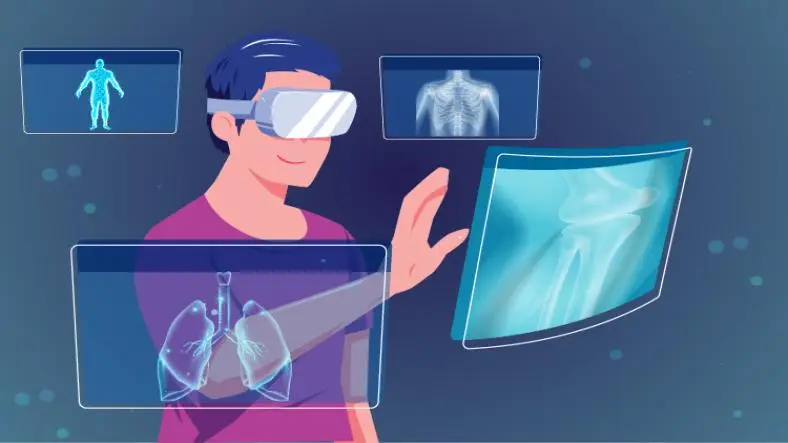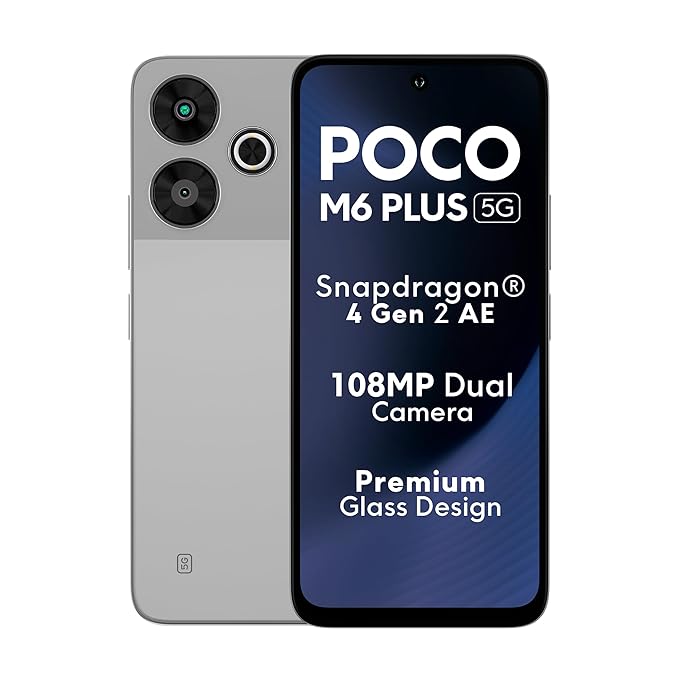Virtual reality (VR) has revolutionized many industries, and healthcare is no exception. One of the most significant advancements in this domain is the use of VR in surgical training. By creating immersive, interactive, and realistic simulations, VR provides an innovative platform for medical professionals to develop and refine their surgical skills. This technology is transforming the way surgeons learn and practice, improving patient outcomes and enhancing the overall healthcare system.
What is Virtual Reality in Surgical Training?
Virtual reality in surgical training refers to the use of computer-generated simulations to replicate real-world surgical scenarios. These simulations allow trainees to interact with virtual environments, practice procedures, and make decisions in a risk-free setting. VR systems typically include headsets, haptic feedback devices, and software that mimics the human anatomy and surgical tools.
Benefits of Virtual Reality in Surgical Training
- Risk-Free Learning Environment
- VR provides a safe space for surgeons to practice complex procedures without the risk of harming patients.
- Trainees can make mistakes and learn from them without real-world consequences, which is crucial in mastering intricate techniques.
- Realistic Simulations
- Modern VR systems offer highly detailed, anatomically accurate simulations.
- These environments replicate real-life scenarios, including variable patient anatomy and unexpected complications, giving trainees a comprehensive learning experience.
- Enhanced Skill Development
- Trainees can practice specific skills repeatedly until they achieve proficiency.
- This repetitive practice helps improve hand-eye coordination, dexterity, and precision, which are essential for successful surgical outcomes.
- Immediate Feedback
- VR platforms provide real-time feedback on performance, such as error rates, procedural efficiency, and decision-making.
- This allows trainees to identify areas for improvement and refine their skills effectively.
- Cost-Effective Training
- Traditional surgical training often requires expensive equipment, cadavers, and operating room resources.
- VR eliminates many of these costs, offering a more affordable alternative while maintaining high training standards.
- Remote Accessibility
- With VR, trainees can access high-quality surgical training from anywhere in the world.
- This democratizes education, allowing medical professionals in remote or underserved areas to learn advanced techniques.
- Preparation for Rare Scenarios
- VR enables trainees to practice handling rare and complex cases that they may not encounter frequently in real life.
- This prepares them for a wider range of challenges in their surgical careers.
Applications of VR in Surgical Training
- Basic Surgical Skills
- VR is used to teach foundational skills like suturing, knot tying, and instrument handling.
- These basic skills are essential for trainees to build confidence and precision.
- Specialized Procedures
- VR simulations are available for highly specialized surgeries, such as neurosurgery, cardiac surgery, and minimally invasive procedures.
- Trainees can practice these complex techniques in a controlled environment.
- Team Training
- VR facilitates collaborative training, allowing surgical teams to practice communication, coordination, and decision-making during procedures.
- This improves overall teamwork and patient safety.
- Preoperative Planning
- Surgeons can use VR to visualize a patient’s anatomy before surgery.
- This helps them plan the procedure more effectively, reducing operating times and improving outcomes.
- Assessment and Certification
- VR platforms can objectively evaluate a trainee’s skills and knowledge.
- This is useful for certification programs and ensuring that surgeons meet the required competency standards.
Challenges and Limitations
Despite its advantages, VR in surgical training faces some challenges:
- High Initial Costs: Implementing VR systems requires significant investment in hardware and software.
- Technological Limitations: While VR technology has advanced rapidly, it may still lack the tactile feedback and complexity of real-life surgery.
- Learning Curve: Both trainers and trainees may need time to adapt to the use of VR in medical education.
- Ethical Concerns: Some worry that over-reliance on VR could reduce the emphasis on hands-on experience with real patients.
The Future of VR in Surgical Training
The future of VR in surgical training looks promising, with advancements in technology expected to address many current limitations. Emerging trends include:
- Integration with Artificial Intelligence (AI): AI can provide more personalized feedback and adapt simulations to individual learning needs.
- Haptic Technology: Improved haptic devices will enhance the sense of touch, making simulations even more realistic.
- Virtual and Augmented Reality (AR) Integration: Combining VR with AR can create hybrid systems that overlay virtual information onto real-world settings, further enriching the learning experience.
- Data-Driven Insights: Advanced analytics will allow trainers to assess performance metrics and refine training programs.
Conclusion
Virtual reality is transforming surgical training by providing a safe, immersive, and effective platform for skill development. It enhances learning outcomes, reduces costs, and prepares surgeons for a wide range of scenarios, ultimately improving patient care. As technology continues to evolve, VR will become an indispensable tool in medical education, shaping the next generation of skilled and confident surgeons.
Thanks for reading the article, for more health related articles read our peoples blog articles.















